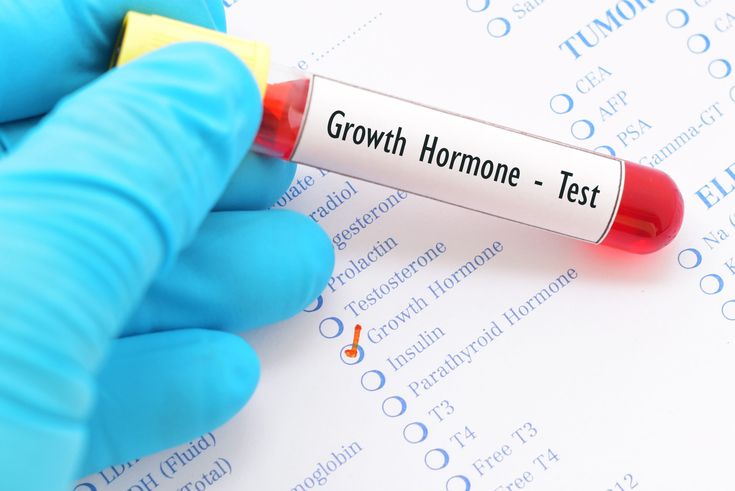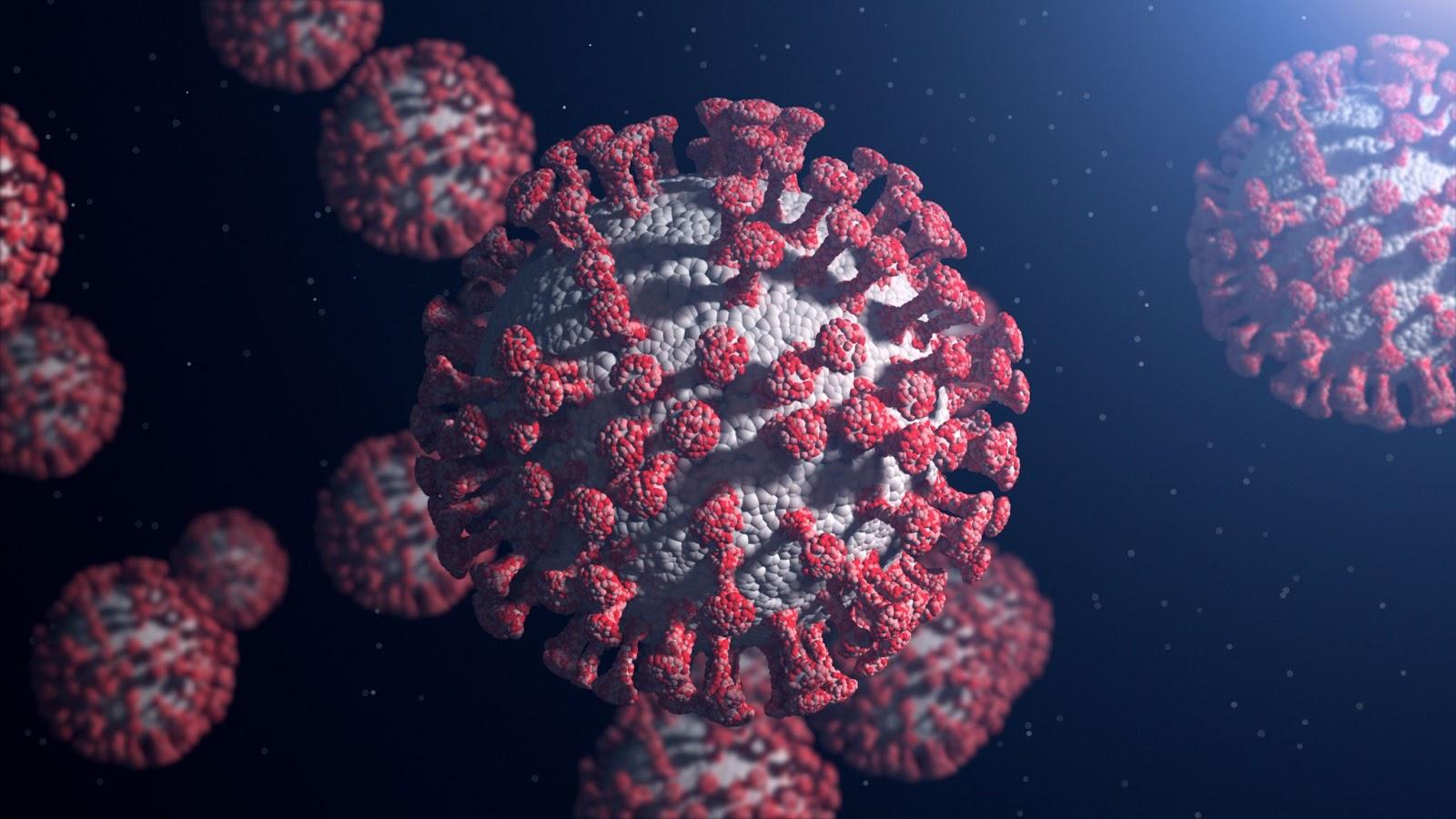In recent years, men across California have increasingly been taking their health into their own hands, especially when it comes to testosterone levels. Many men have found that family doctors, who are often the first point of contact for health concerns, are dismissing their struggles with low testosterone as just a part of aging. Yet, for these men, the impact is far from simple, affecting everything from their energy levels to mental clarity and emotional well-being.
This growing shift towards testosterone awareness and self-management reflects a broader trend of men seeking solutions beyond traditional medical advice. The revolution is not just about treating symptoms—it’s about regaining vitality, reclaiming self-confidence, and improving quality of life.
The Impact of Low Testosterone on Men’s Health
Testosterone, a hormone crucial for male health, naturally declines with age. However, for many men, the symptoms of low testosterone—fatigue, depression, reduced sex drive, and loss of muscle mass—are not being taken seriously. In California, where health and fitness are top priorities, many men have become frustrated by the lack of attention given to these symptoms by family doctors, who often attribute them to natural aging or stress.
As testosterone levels drop, men may begin to notice significant changes in their bodies and minds. The loss of energy and motivation, coupled with a decrease in physical performance, can create a sense of frustration and confusion. Many men feel as though they are in a constant battle to stay healthy and active, and when traditional medical professionals dismiss their concerns, it leaves them feeling unheard and powerless.
The Growing Interest in Testosterone Replacement
In response to this lack of support, more men in California are turning to various forms of testosterone replacement as a way to restore their vitality. Unlike decades ago, when testosterone therapy was largely unknown or reserved for specific medical conditions, the conversation surrounding testosterone replacement has broadened. With better access to information through online resources, men are now more aware of the benefits of testosterone replacement and how it could potentially change their lives.
For these men, seeking testosterone replacement isn’t just about improving their physical strength or reversing the signs of aging. It’s about taking control of their well-being in a world where traditional healthcare systems often fall short. With many individuals now actively researching and pursuing options to improve their testosterone levels, they are no longer relying solely on family doctors for answers.
Why Family Doctors Are Dismissing Low Testosterone
There are a few reasons why family doctors may be dismissive of low testosterone. One reason is that testosterone deficiency is still sometimes viewed as an inevitable part of aging, rather than a legitimate medical condition. Additionally, some doctors may be hesitant to address testosterone issues due to the stigma or controversy surrounding hormone therapy.
In a fast-paced environment like California, where people are increasingly concerned about their health and wellness, this dismissal can feel especially frustrating. Men are increasingly seeking alternative methods to boost their testosterone levels because they feel that family doctors are overlooking an important aspect of their overall health. They want to be proactive in managing their bodies, rather than waiting for symptoms to worsen.
The Movement Toward Self-Care and Education
As a result of this growing frustration, men are turning to other sources for guidance. With the availability of health information online and through social media, more men are educating themselves about the importance of testosterone and the potential benefits of therapy. In California, with its emphasis on wellness and health optimization, men are more empowered than ever to take control of their testosterone levels. They’re seeking out expert advice, whether through forums, books, or alternative health practitioners, to help them navigate the complexities of their hormonal health.
This empowerment extends beyond just learning about testosterone; it’s also about taking charge of physical health in other areas, including diet, exercise, and mental health. The result is a more holistic approach to well-being, with men aiming to improve not only their testosterone levels but their overall quality of life.
The Role of Lifestyle Changes in Managing Testosterone
While testosterone replacement therapy is a popular solution, it’s not the only one. Many men in California have found success by adopting healthier lifestyle habits that can naturally support healthy testosterone levels. Regular exercise, especially strength training, is one of the most effective ways to maintain testosterone levels. A well-balanced diet rich in healthy fats, protein, and vitamins can also have a significant impact on hormone production.
Mental health is another key factor in testosterone levels. Chronic stress has been linked to lower testosterone, so managing stress through practices such as meditation, yoga, and time spent in nature is crucial for overall health. In California, where outdoor activities are a common way of life, many men are taking advantage of the state’s natural beauty to improve their mental well-being, further boosting their hormone health.
The Future of Testosterone Therapy
As more men in California and beyond take control of their health, the landscape of testosterone therapy is changing. Men are demanding more from their healthcare providers and are no longer content to simply accept the status quo. The future of testosterone replacement is likely to involve a more personalized, proactive approach to care, with greater emphasis on understanding individual needs and tailoring treatments accordingly.
For many men, this marks a shift toward self-empowerment in managing their health and well-being. It’s not about waiting for their bodies to decline—it’s about actively working to preserve and enhance their health at every stage of life.
Taking Health Into Your Own Hands
Men in California are leading the charge in this “testosterone revolution,” seeking better solutions for their health and well-being. With increasing awareness and access to resources, they are empowered to make informed decisions about testosterone and hormone health. Whether through lifestyle changes, research, or seeking alternatives to conventional healthcare, men are choosing to take control of their bodies and their health.
As the stigma surrounding testosterone therapy continues to fade, more men are realizing that they don’t have to accept feeling “off” as a normal part of aging. By understanding their hormonal health and taking action, they can regain their energy, motivation, and vitality, leading to a more fulfilling and active life.



